I am coming through a very uncomfortable stage in my leadership development. But it has been worth it.
For nearly two decades I have been leading the Back In Motion Health Group. As founders, my wife and I did EVERYTHING at the beginning. We decided the locations, staff, brochures, pricing, colour scheme and the brand of biscuits in the tea room. It was safe. I had complete control.
Slowly over time, however, our team grew to a footprint of over 100 locations in Australia and NZ. Little by little, I have had to concede control and influence over a range of decisions that affects our business as I trust the team to act in our best interests.
Today, we have very capable colleagues around us who make MOST of the operational decisions.
But don’t let me pretend this was easy…or quick. One of the challenges on this journey has been learning which decisions to delegate, and which ones to hold onto. And of course, this has been an iterative process. Sometimes I chose well, and many times I got this wrong.
Recently, a well-intentioned colleague challenged my approach to business. They couldn’t understand why I wasn’t making all of the decisions. Their expectation of effective leadership was to be across every detail, curate every opinion, and then make every decision. It proved to be a stark contrast to my understanding of leadership.
I believe great leaders should make as few decisions as possible (but as many as necessary).
I have learnt my greatest contribution to team members in this stage of our organisation, is not giving detailed answers, instructions and opinions to their incessant questions about ‘what to do’…but rather to learn the art of asking insightful questions. To affirm with colleagues that the problem they are facing is high stakes, and to help them process the options, then allows me to invite them to ‘make the best decision available to them’.
Lots of people who work with me don’t like this. At least, not at first. But it has grown on them.
Initially, they would prefer me to just fix the problem or make the decision myself. Why? Because they lack the confidence or prefer not to carry the responsibility. But the truth is, the greater one’s organisational authority, the less their organisational IQ. The more portfolios and channels of our business I had to be across, meant the less I could possibly learn about the detail within them. So why would I impose my decisions on crucial matters such as IT, legal contracts, staff performance, clinical protocols, or local practice performance, when I’m the furthest from the coalface and the least-informed? My job was not to have all the answers. My job slowly evolved to become about making sure that those who do know the detail are aligned to our mission and core values, have considered all of the options, and are empowered to exercise their best judgement.
So, as counter-intuitive as it sounds, my leadership capital grows and the future of our business enlarges, the more I let others within our team make more considered decisions. Accordingly, I must make less. It’s simple maths.
So, my new measure of success as a leader in this season, is just how few matters I have to unilaterally decide.

